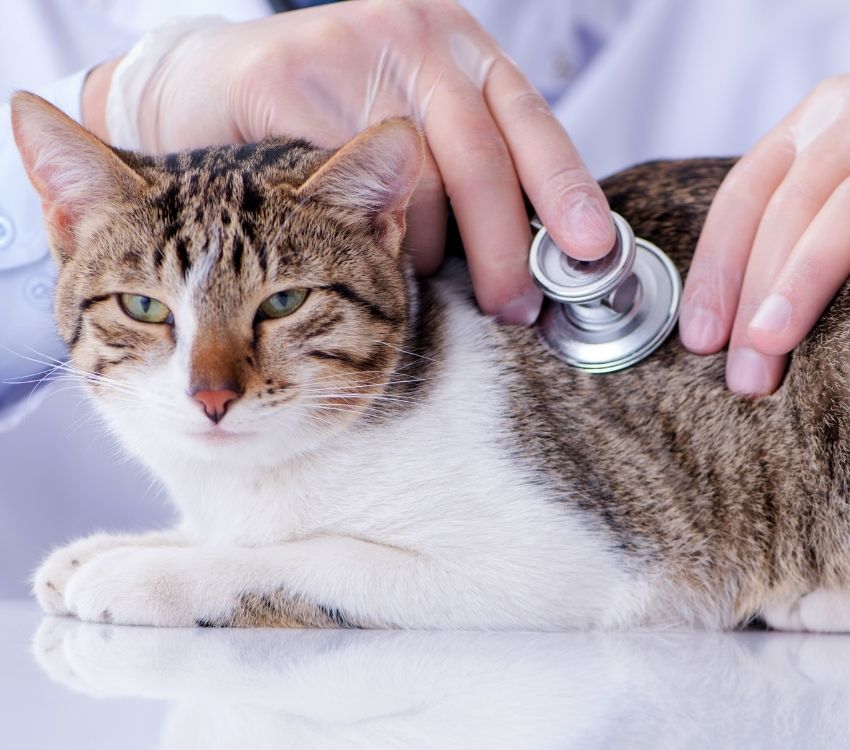Pet
Cardiology
If you find yourself wondering what pet cardiology is, look no further than the Colonial Manor Animal Hospital in Homer Glen, IL.
Pet Cardiology Services at Colonial Manor Animal Hospital
We Offer
Pet Cardiology Services
Our veterinarian and entire staff offer thorough evaluations and treatments with compassion and care. Pet cardiology helps your fur family members beyond a routine exam; the process scans the pet’s heart in a non-invasive nuclear imaging test. A non-invasive scan is one of the most comprehensive ways that a pet cardiologist can diagnose coronary artery disease and damage due to a heart attack. These scans have the ability to show both a healthy and a damaged heart muscle in your animal. By receiving a scan, your beloved pet is one step closer to overall wellness and warding off disease for good.
It's All About the Heart
Pet cardiology is a rapidly growing concern among veterinarians, as our animal hospital understands and treats several pets who suffer from heart disease or unforeseen heart attacks. We want to ensure every precautionary measure is taken, so your animal lives a long and active life.
Following is a quick fact check on signs of heart disease in your furry companion and whether a pet cardiologist is right for you at our Homer Glen animal hospital. In doing so, we diagnose and treat the cardiac risk of the heart and lungs by noticing these conditions:
- Congestive Heart Failure
- Coughing and other breathing problems
- Cardiac tumors
- High blood pressure
- Congenital heart defects since birth
- Age-related changes to the valves of the heart–degeneration
- Cardiac arrhythmias, often referred to as heart murmurs
After we perform a complete and thorough examination of your animal and based on any initial findings, we’ll suggest additional tests and go from there. We’ll review your pet’s past history and any current medications they may be taking. Depending on your pet’s condition, our veterinarian may recommend diagnostic or treatments that include:
- Blood pressure evaluation
- Radiography for the chest and lungs
- A non-invasive ultrasound imaging of the heart (sonogram)
- Surgical repair of congenital heart defects
- Implanting a pacemaker for pet’s with heart rates that are too slow
- Cardiac catheterization procedures
A board-certified pet cardiologist is an integral part of your animal’s overall well-being. Early diagnosis of any complications is key. A pet cardiologist will work closely with your primary care veterinarian to educate, inform, diagnose, and treat your pet in the best possible manner.


